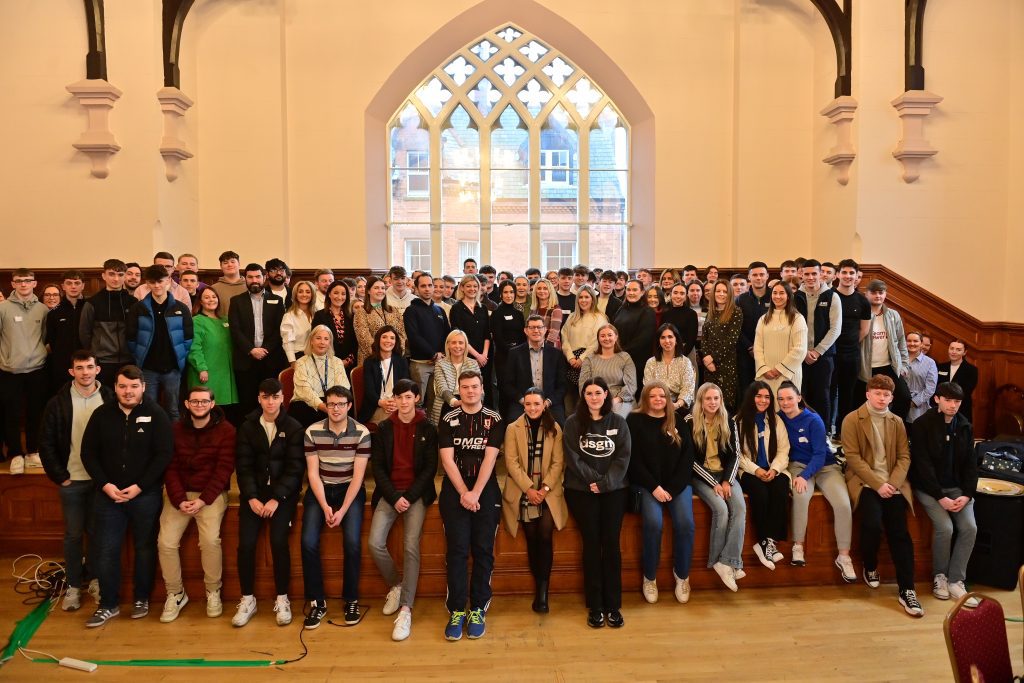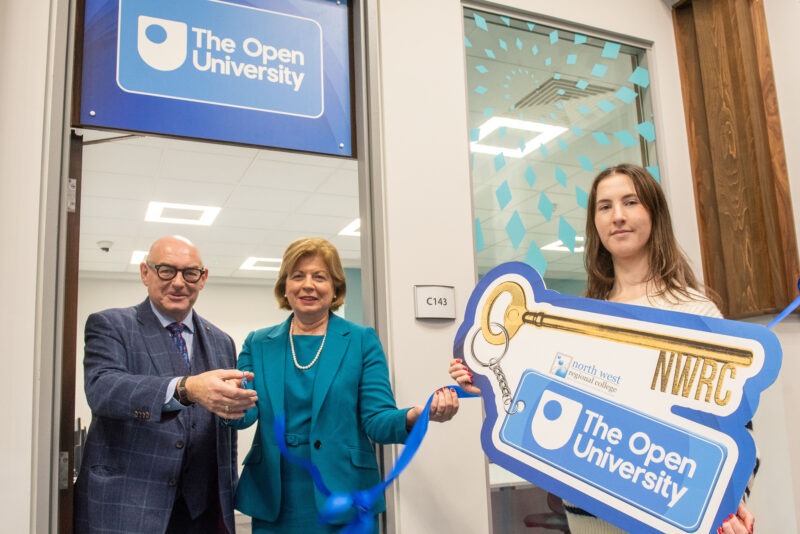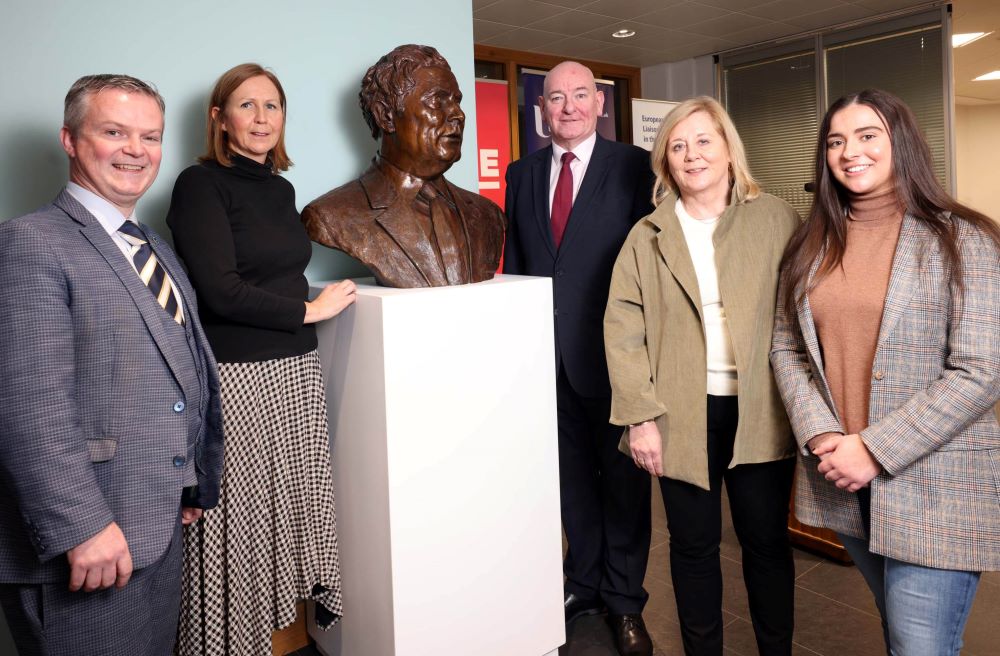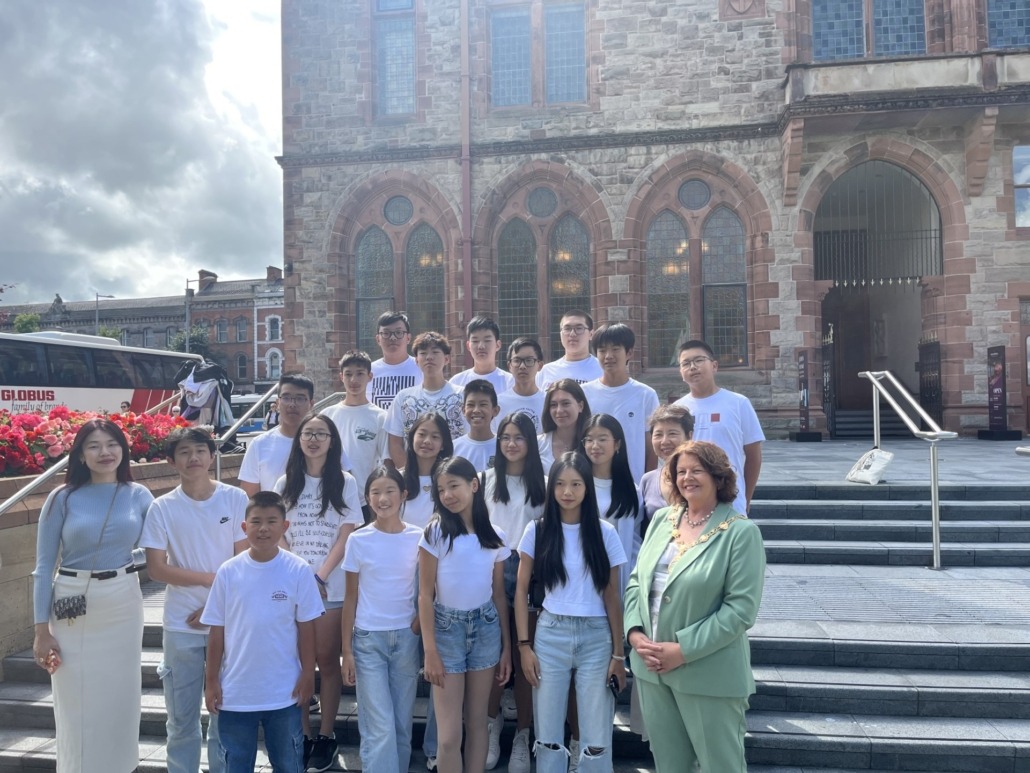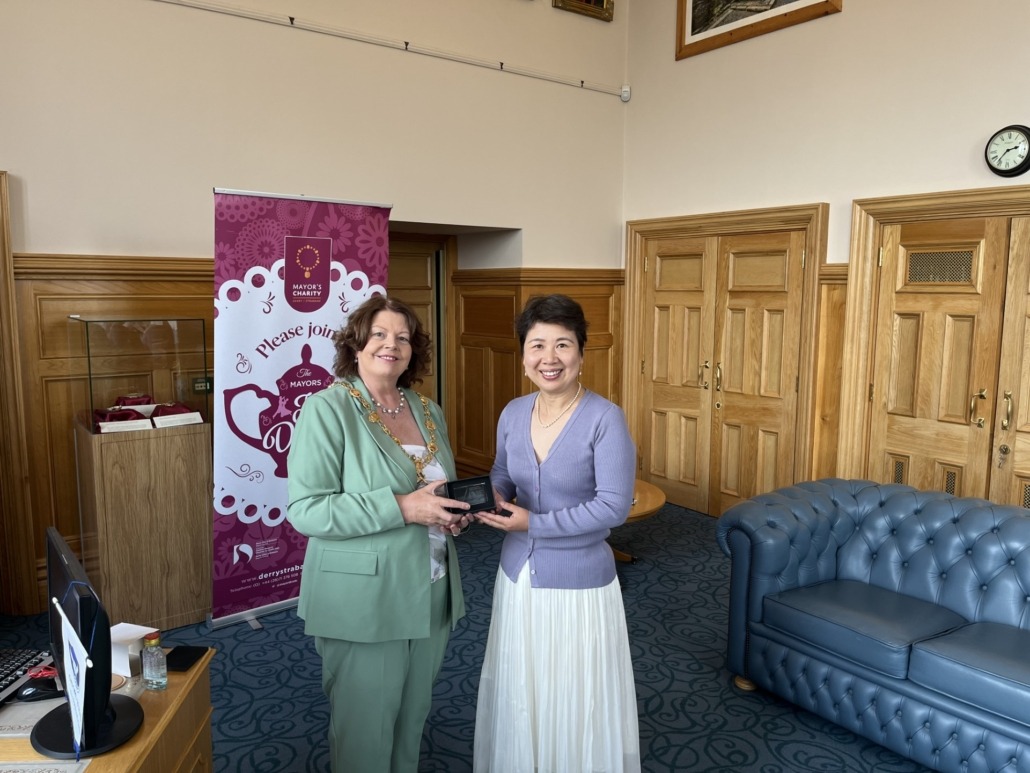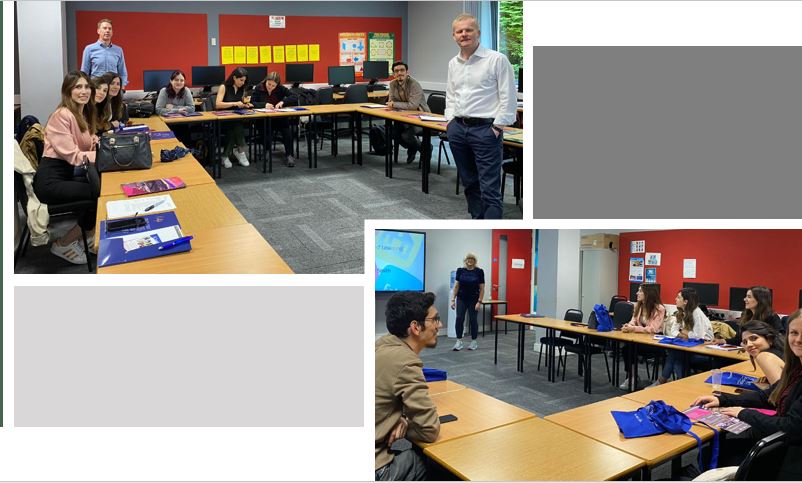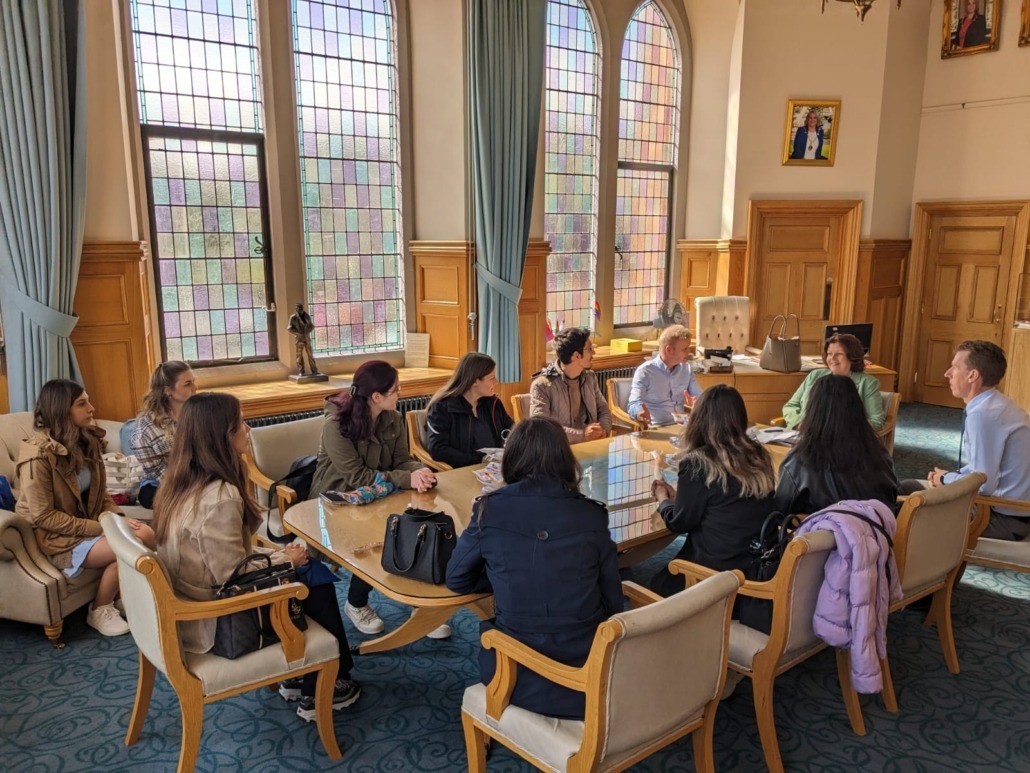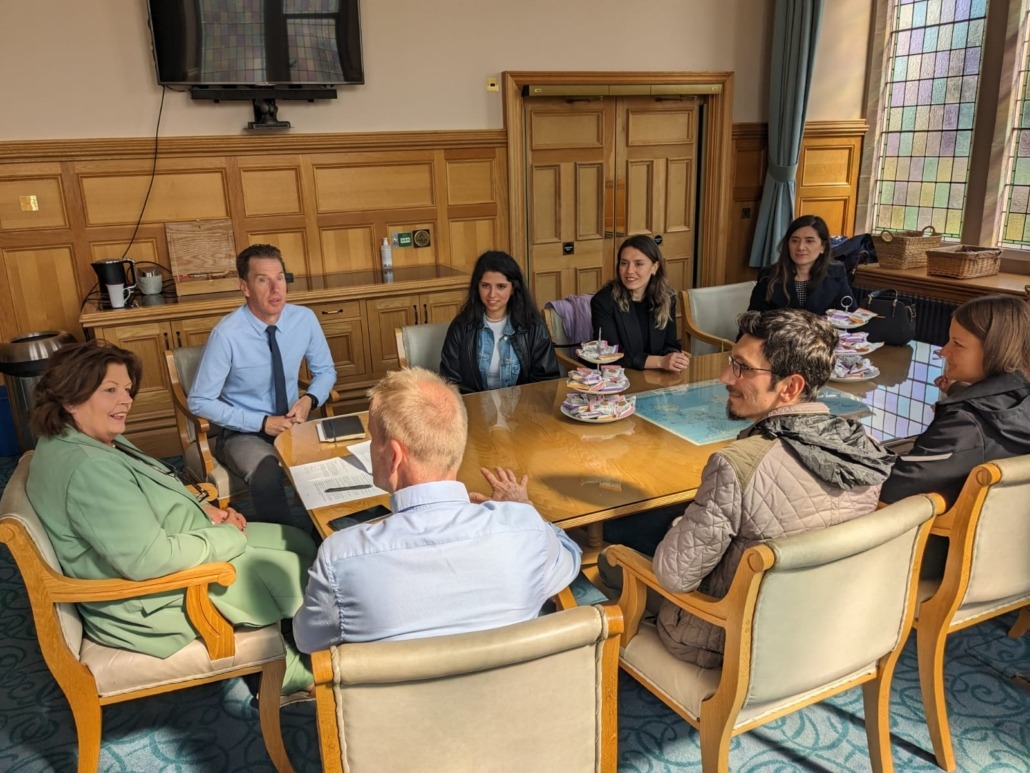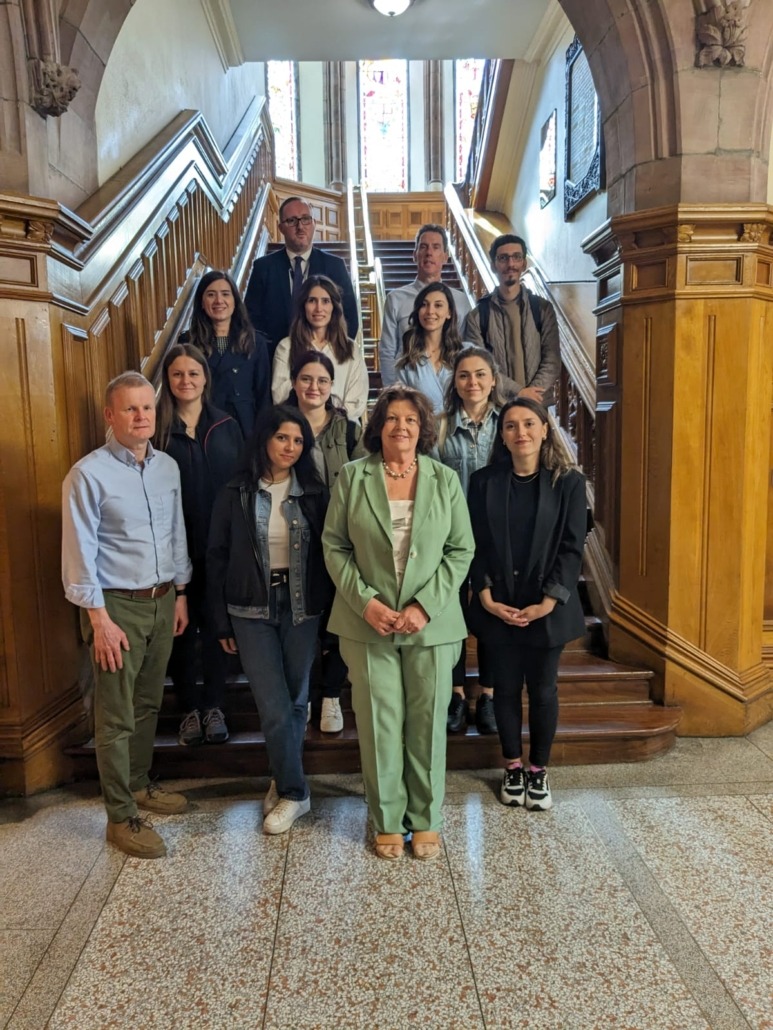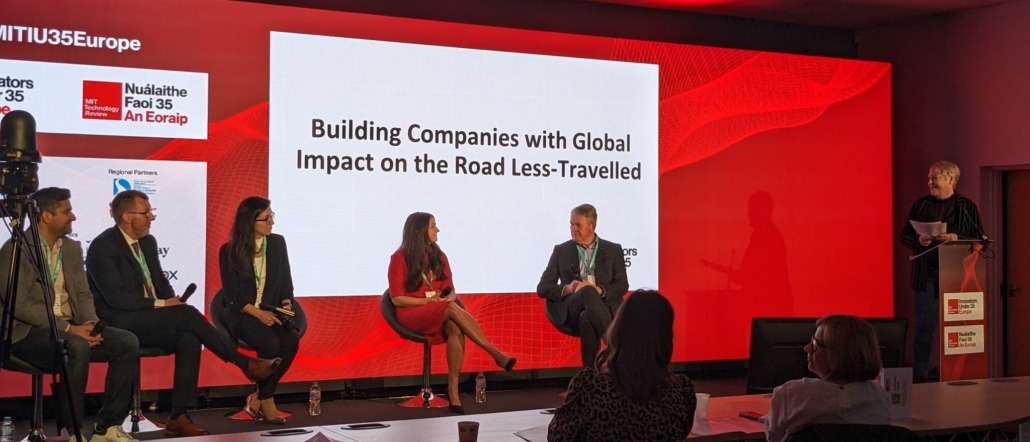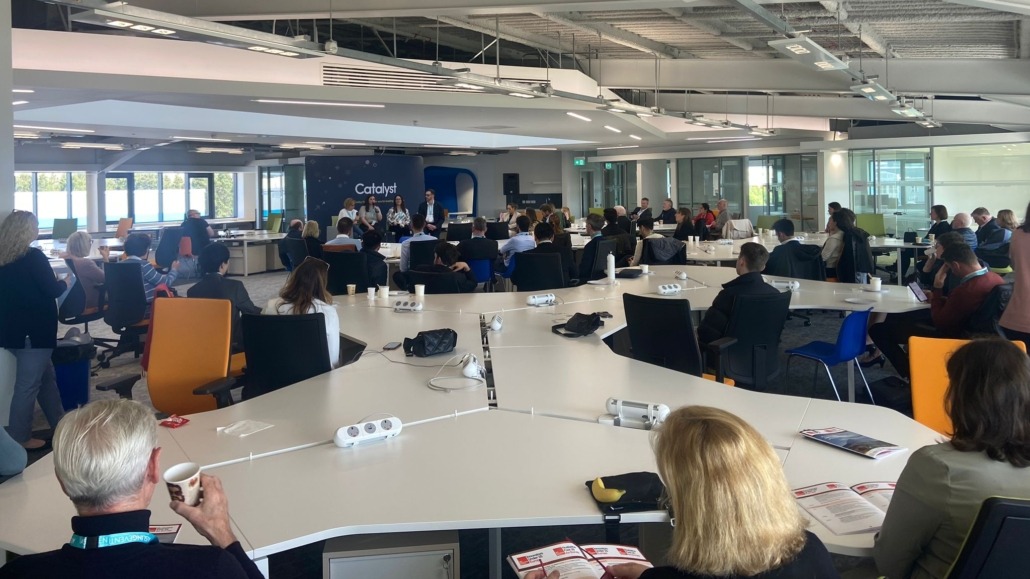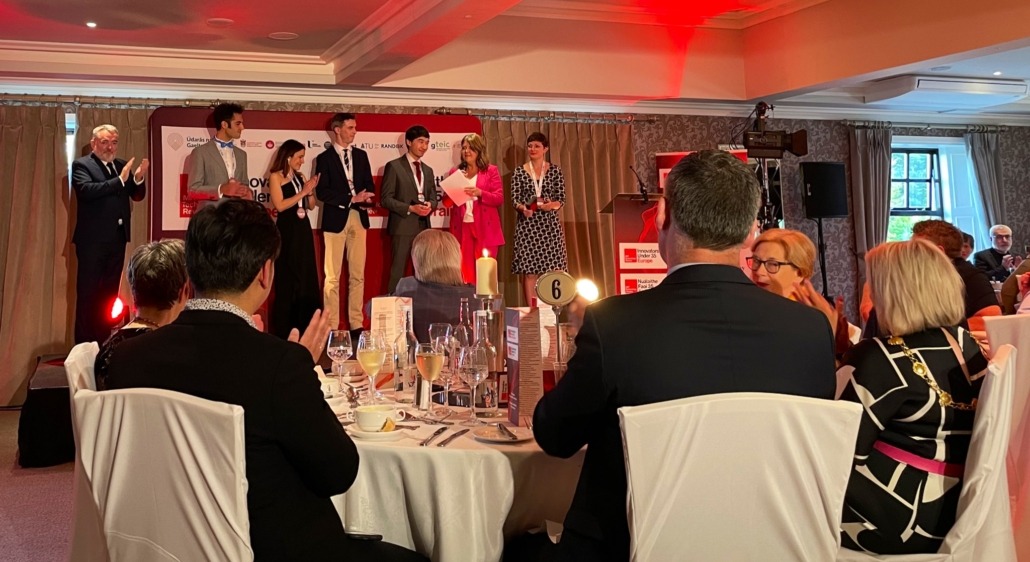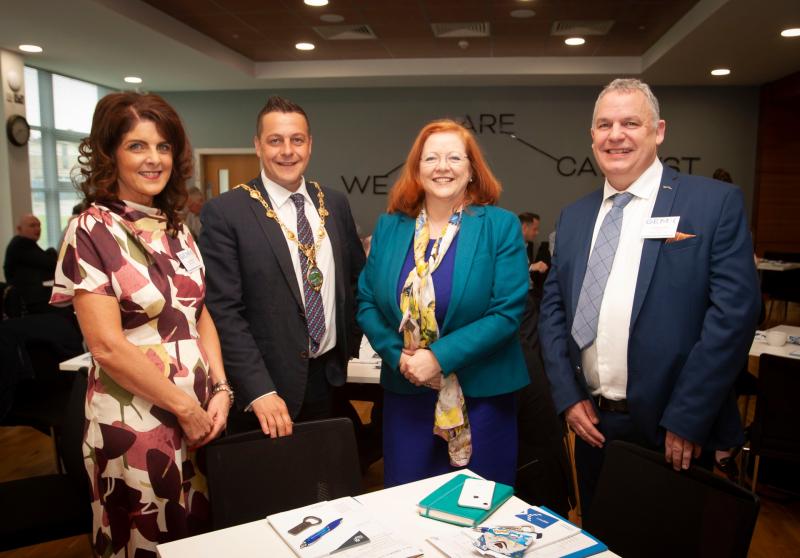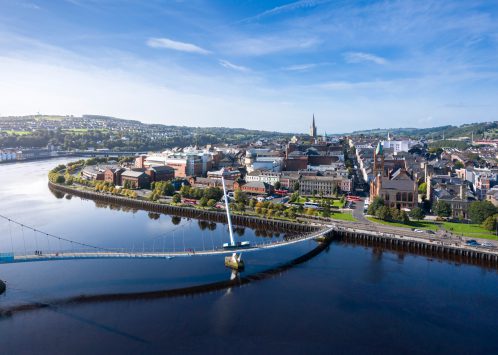Local technology consortium Smart Nano NI, formed to further the development of smart manufacturing in Northern Ireland, has today launched the largest 5G testbed in Northern Ireland in Derry-Londonderry, marking a significant step in a five-year plan to accelerate smart manufacturing in the country.

Led by consortium partner Digital Catapult, the UK authority on advanced digital technology, the 5G testbed is the organisation’s latest innovation activity to bolster economic growth and investment opportunity in Northern Ireland. The investment by the Smart Nano NI consortium will create a valuable, open access facility and provide expert technical support to local start-ups and businesses through the Digital Catapult Smart Nano Accelerator Programme.
The ground-breaking testbed facilities will be delivered by the global IT and business consulting services firm CGI, in partnership with Digital Catapult Northern Ireland. The cutting-edge 5G and 4G private network is a first-of-its-kind smart manufacturing and education setting in Northern Ireland, providing access to the latest network technologies including 5G and NarrowBand-Internet of Things (NB-IoT), and will be instrumental in upskilling the next generation of innovators and experts across the country.
William Revels, Managing Director at Digital Catapult Northern Ireland, said, “This is an exciting milestone for the project as we bring access to the latest 5G technology to both industry and academia and enable businesses to take advantage of the substantial market opportunities offered by 5G. Derry-Londonderry will be the ninth 5G testbed in Digital Catapult’s nationwide network and we’ve seen the opportunities that can be opened up from providing the equipment and in turn de-risking innovation.”
The development of these facilities follows CGI’s opening of a new delivery centre in Northern Ireland as part of its commitment to developing skills and talent in the region. Volkan Pakoglu, Director Consulting Services at CGI, added, “The integration of this new 5G platform will demonstrate the value of creating mobile private networks within business by taking full advantage of the power, performance, and connectivity of 5G. We are committed to working together with Smart Nano NI and its partners to support and facilitate innovation, sustainable solutions and use technology for good.”
The smart education site at the Industry 4.0 Centre in the Northwest Regional College’s Springtown Campus, will give both students and industry access to test and explore new use cases of the 5G private network, while the manufacturing site, hosted at Seagate’s manufacturing facility, will give businesses the opportunity to test the technology in a live manufacturing setting.
Dr Fergal Tuffy, Business Support Centre Manager at North West Regional College, said, “We are delighted to have the 5G testbed installed at our Springtown Campus, adding to our automation and robotics equipment at the Industry 4.0 Centre. This exciting collaboration will allow us to support students and businesses to gain skills and knowledge to take advantage of the opportunities that these cutting-edge technologies present.”
As part of today’s announcement, Digital Catapult have also launched an open call for the latest Smart Nano Accelerator Programme, giving businesses access to the 5G testbed for the first time. The Manufacturing Innovation Challenge is inviting innovative Northern Ireland start-ups and SMEs to join the programme and submit ideas for new technology solutions to solve manufacturing challenges.
Following the completion of the programme, the participating Northern Ireland-based companies will have the opportunity to compete for a £75,000 grant from Techstart Ventures to continue to develop their business idea. Funded through Techstart’s Proof of Concept Grant Fund, this pre-commercial grant awarding fund supports entrepreneurs in Northern Ireland with grants to explore the viability and commercial potential of an innovative concept.
Kathleen Garrett from Techstart Ventures said, “We are delighted to have partnered with Digital Catapult, Seagate and the Smart Nano NI consortium on this Manufacturing Innovation Challenge. We look forward to seeing the innovations develop through the accelerator programme and have no doubt that some exciting businesses will be formed during this process with the support & guidance of the accelerator and the £75k grant funding from ourselves.”
Jason Wiggins, Programme Manager for Smart Nano NI, added: “The combined investment in infrastructure, the Smart Nano Accelerator programme and the Techstart competition creates a supportive environment for companies to develop and test new technologies. This collaboration will deliver new business resources to Northern Ireland and will drive growth and innovation across many sectors”.

